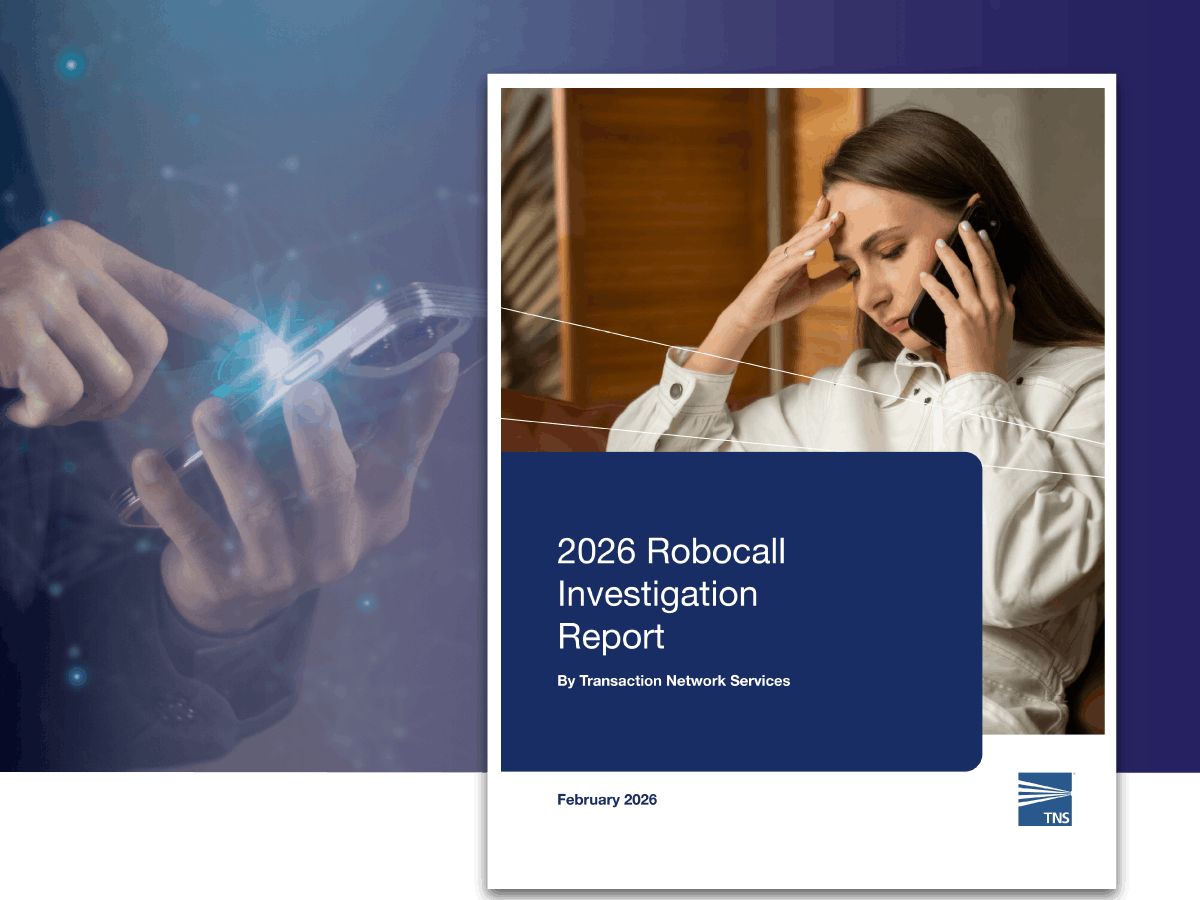The holidays are quickly approaching and although you may be in a giving mood, make sure you are not unknowingly giving to scammers this year. TNS’ Robocall Protection team has compiled three of the most common scams that increase during the holidays and explained how to avoid falling for fraudsters’ tricks.
1. Delivery Scams
Online shopping has made buying presents easier than ever in many ways. But scammers have used this as an opportunity to develop many schemes around online shopping, with one common tactic involving a text claiming a package you ordered was undeliverable. They will usually ask you to contact them, which will then lead to a series of questions with the goal of gaining your personal information. It is likely they will ask for payment to return or deliver the package.
These scams can easily appear legitimate as they will piggyback off the names of major delivery firms and online retailers such as UPS, USPS and Amazon. They often include a link as well, which you should never click on. These texts or calls can be easily ignored if you are not expecting a package, but if you are missing an order, it is best to reach out directly to the seller.
2. Donation Scams
The holidays are often an important fundraising time for charities. Therefore, it will not come as a surprise that we also see a lot of charity scams around year-end, with many ramping up during the season of giving. Many scammers will cold call posing as real charities, but some give the name of a made-up organization and others will even spoof the numbers of legitimate charities.
Scammers use enticements to add pressure, for example in a charity scam it is likely they will mention end of year tax write-offs. Luckily it is easy to check the validity of a charity through the web, so be sure to do your research before giving. A major red flag is if the caller is asking for a donation via wire transfer, cryptocurrency or gift cards. If you wish you donate, it is best to donate directly to the charity to ensure it gets into the right hands.
3. Gift Card Scams
Our final scam warning relates to an email or text posing as ‘management’ requesting you to buy gift cards for work. It is not uncommon for offices to organize gifts for charity or coworkers during the holiday season, so these emails can be easily believable. The easiest way to avoid this scam is to double check the sender and confirm the request with the individual requesting the gift card.
It is best practice to never engage with unknown numbers and report phone numbers being used by scammers to your carrier. If you believe you are the victim of a scam, you can report it to your local police, state attorney’s general office and the FTC.
Call-blocking apps, including those powered by TNS Call Guardian®, are also a great resource for reporting and blocking unwanted robocalls. Stay vigilant, share information about scams with others and be sure to check out our monthly Scam of the Month page updates.
John Haraburda is Product Lead for TNS Call Guardian® with specific responsibility for TNS’ Communications Market solutions.
Call Guardian is a registered trademark of Transaction Network Services, Inc.






